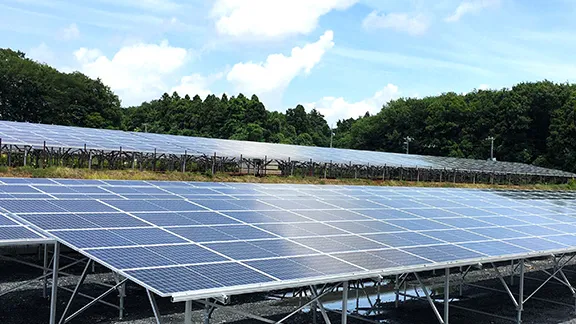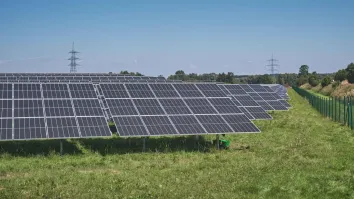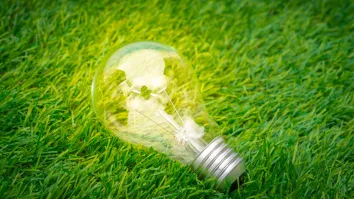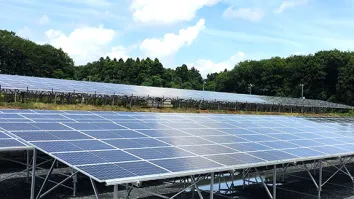
ADB approves US$9.2m loan for Sunseap's solar project in Cambodia
It will be Cambodia first large-scale solar project.
The Asian Development Bank (ADB) has backed Singapore’s Sunseap Group’s project to build Cambodia’s first large-scale solar power project under a long-term agreement with Electricité Du Cambodge (EDC).
According to a company release, ADB’s Private Sector Operations Department (PSOD) will provide Sunseap Asset (Cambodia) with a debt financing package of US$9.2 million. The package includes co-financing from a private sector financial institution through ADB’s B Loan program and a concessional loan from the Canadian Climate Fund for the Private Sector in Asia (CFPS).
The CFPS loan was instrumental in assisting the sponsors to overcome some of the early mover risks and cost premiums associated with a first-of-its kind project such as this.
The project is located near Bavet, a special economic zone in the Svay Rieng province, and is being implemented through a public-private partnership (PPP) arrangement. As part of the project, Sunseap entered into a 20-year solar power purchase agreement (PPA) with EDC.
Sunseap, one of the largest sustainable energy providers in Southeast Asia, won the tender last year. It was Cambodia’s first competitively bid renewable energy IPP (Independent Power Producer) project. This marks Sunseap’s third foray into the international market after developing projects in India and Malaysia.
The solar farm is expected to begin operations in August 2017. Once completed, it will have an installed capacity of 10 megawatts and be able to meet roughly a quarter of Bavet City’s local energy demand, half of which is currently being met through power imports from neighboring Viet Nam.
The project will also help reduce greenhouse gas emissions by 5,500 tons of carbon dioxide equivalent (CO2) annually. In addition to providing more reliable power supply in rural areas, the project is expected to generate a range of new skilled and unskilled jobs for the local community.
In Cambodia, the electrification rate grew to 55% in 2015, up from 20% in 2007. However, electricity coverage is a challenge especially for those in rural areas. Electricity tariffs in Cambodia are higher than those in neighboring countries mainly due to the high cost of fossil fuel-based generation and the fragmented power supply system in the country.


















 Advertise
Advertise






